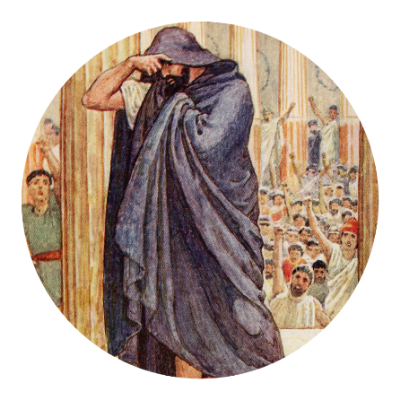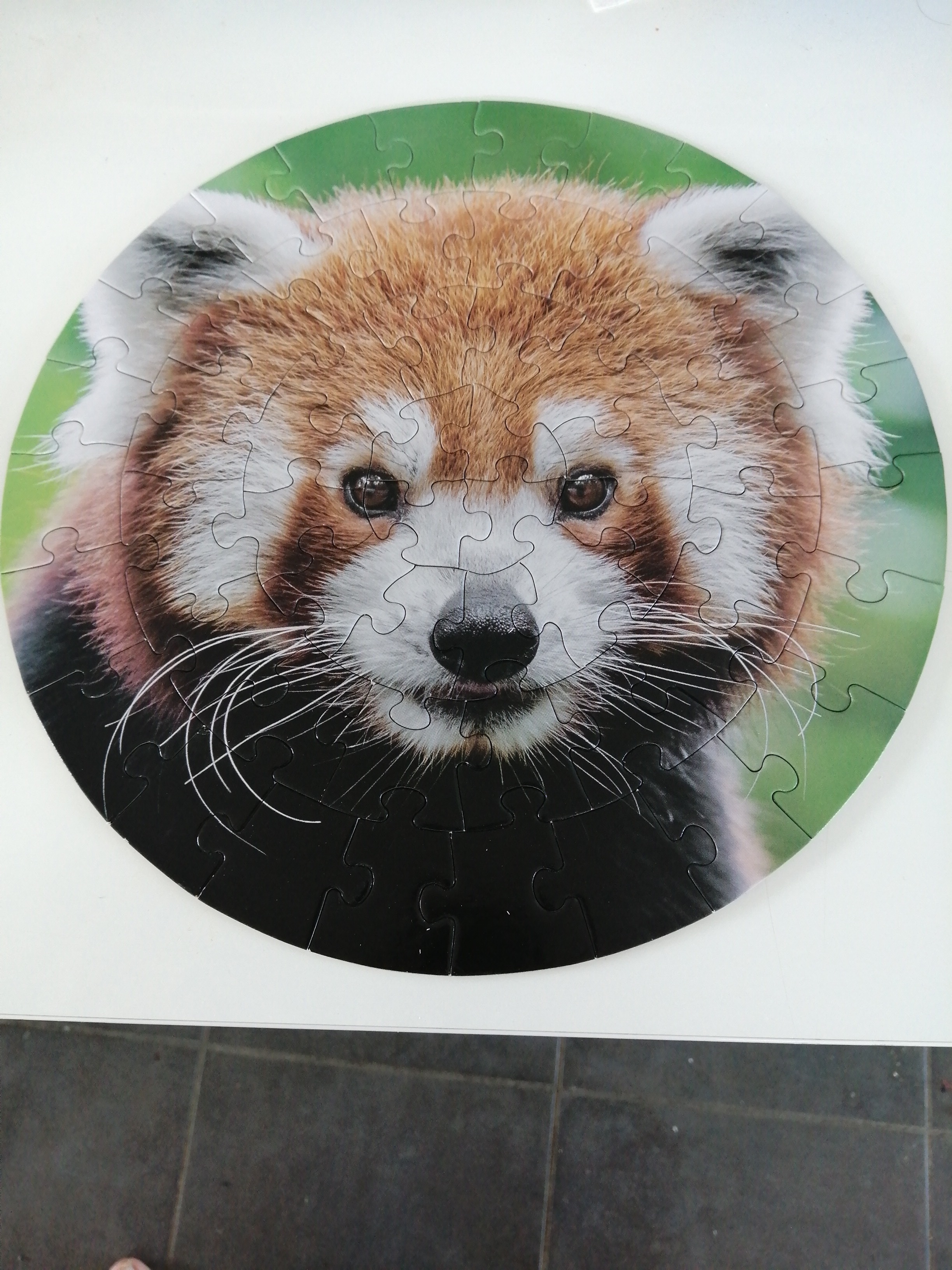first helpful comment gets to be featured in my next post (with your consent ofc)
Exactly like Ryu and Ken pronounce it in the original game. Ha-doo-ken! Emphasis on the doo. Repeat until your best friend is dead and calls you a cheater. Move on to Mortal Kombat knowing full well you’re picking Scorpion…
Edit: Hadouken spam for reference.
Ha-doo-ken!
This is the way I always heard it. Not just do-kin. Ha-deh’u-kin! Is how I hear it.
Ha-Dough-Ken
I’m seeing a lot of wrong answers, and as a native speaker, I must interject.
How. Do. Ken.
How do, Ken?
Thank you.
How-do-you-do-Ken
はどうけん
[hadoːkẽꜜɴ]
Or if the IPA is not helpful:
“Ha” as in “hard” but with a shorter vowel, not the æ thing from “had”.
“Door” without the R - the stress is here (hadouken). The important part is avoiding “oh” which sounds extremely thickly Anglo (“chipoohhhtlayyyyyy”)
Ken is ken, I guess.
/do:/ is not the same vowel as door, that’s /dɔː/
it’s 'doo" to rhyme with “too”.
In Japanese the syllable definitely does not rhyme with “too”, that’s closer to う which is not a vowel (albeit a character) in this word. Either way this is my bad for trying to use English phonetically.
I should’ve said “look up a video where it’s pronounced by a Japanese person” up front. :p
well the point of IPA is that a symbol matches up to an internationally-agreed sound and /o/ is the close-mid back rounded vowel
however, what’s not listed is that it seems the elongation of a vowel in Japanese is suprasegmented - so the “doo” sound is closer to how you’d say the o’s in the (nonsense) phrase “do oozing” - a very subtle distinction from just “doo”
it’s possible that Japanese speakers could endolabiallize differently, or that they form the vowel closer to open-back than close-back like /《o̞》 / but I’m not an expert
I was mostly providing the IPA as a joke. It’s just copied from somewhere, I could probably track it back down and you could take it up with them. Certainly nothing in “door” or “hadouken” is anything close to an “oo” no matter how they’re all written.
Ha-dooo-ken
is it second syllable that is accented? as in ha-DOU-ken kom-BU-cha pa-NER-a bread?
Precisely
Edit: I have discovered that I can annoy my girlfriend by saying kombucha in the same intonation as Ryu says hadouken and it is very excellent
thank you so much all the top videos i could find were ai voices so this is very helpful
tell your gf sorry not sorry on my behalf :)
I said all those words mentally as the og crunchy soundbite
Think so
Where is this silly little creature from?
That’s Kuromi, a Sanrio character. She’s the rival of My Melody (Hello Kitty’s best friend).
kuromi from sanrio 🥳🤩🥰










